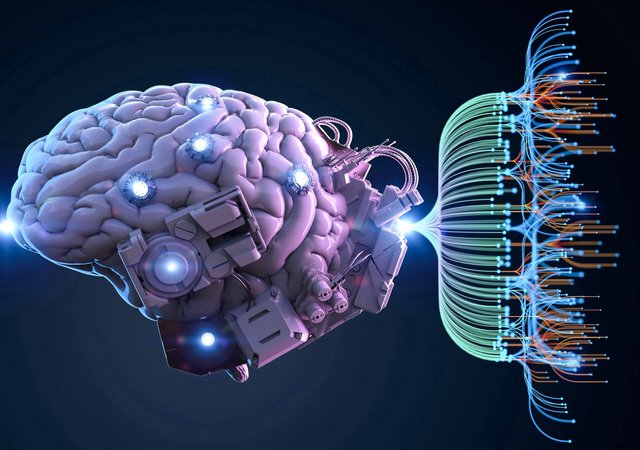Is consciousness fake?

My answer to the question:
I don't think this is really a coherent question. Consciousness is a phenomenon that is pretty much defined by its existence. I don't think it's definitionally or ontologically meaningful to call it fake because then it's not consciousness. What would be the operational difference between a fake consciousness and a real consciousness?
What I do think is that a lot of things people believe about the nature of consciousness are illusory. For example, the idea that it's continuous and unified, that it's transcendent and eternal, that it's nonmaterial, that it's the source of will and decision-making, or that people are aware of what they are thinking and why. There's plenty of experimental evidence showing that people's perceptions of their own consciousness are far off.
Imagine we were having a conversation about another phenomenon a few thousand years ago. Let's take lightning. Is lightning fake? No, I don't think so in any meaningful way, but our notions of it were—and to a small extent, still are—fake. Back then, we might have thought of it as the spears of angry gods. If we define lightning as the spears of angry gods, then yes, I guess it is fake.
I will say again, though, that I think philosophers are more of a hindrance to the field than a help now. A lot of the questions they ask aren't even meaningful. Many consist of category errors or are so riddled with faulty assumptions that they just add noise to the investigation.
As I've said in other places, philosophy belongs in the science of mind as much as it belongs in organic chemistry or nuclear physics. Its day has passed, and it doesn't really have anything to contribute except for some banal, off-base observations. The thought problems that people like Searle and Chalmers have built their careers around are just colossal wastes of time at best and confusing mental traps at worst—traps that can end a person's ability to make progress in the field. They are the élan vital, the phlogiston, the four humors, the quintessence, and the mystery of God's will—a fog that explains everything and nothing and in which people hide their confusion.
Has every philosopher been a hindrance to the field? Well, no. Philosophers had to be there to start the process of questioning and to help discover what was interesting and meaningful about the problem, though I don't think they could ever fully work out the proper questions. Have some philosophers continued to contribute? Yes, I think in small ways, but really, those philosophers are moonlighting as scientists. They're either paying very close attention to the details of the experimental work that's going on, or they're actually doing some of the experimental work. Daniel Dennett would be one example of a philosopher who doesn't make me cringe every other sentence. I'm sure there are others, but I stopped digging deeper because philosophers were rarely contributory. As I've alluded to above, they weren't even noise; they were actively destructive to the process of clear thought.
Does that mean I reject philosophy as a whole? This is kind of a tough question, and I don't want to accidentally engage in Gelman amnesia. Maybe I should eschew all philosophy, but that doesn't seem right—and it seems terribly unfun. Epistemology seems valuable. Moral philosophy seems valuable. Legal philosophy seems valuable. Maybe these areas will seem like horrible blights and distractions once we develop sciences of them—if we ever can—but for now, I'm willing to entertain them as better than nothing and a fun vice.
If you want to understand consciousness, your starting point has to be stopping thinking about what it is based on your own subjective experience and starting to observe what it is based on scientific findings. We have a whole host of empirical observations about phenomena like blindsight, split-brain experiments, priming and subliminal influence, the effects of anesthesia, the effects of mind-altering drugs, the use of VR for spatial displacement of consciousness, detailed quantitative EEG and fMRI studies on the neuroanatomical correlates of consciousness and subconscious processing, the temporal kinetics of consciousness, the effects of partial lobotomies and brain lesions on the unity of consciousness, the representational parts of subjective experience and how they manifest in the brain, and more.
If you don't use the raw findings of these experiments as your foundation layer, you're just doing alchemy—chasing the philosopher's stone—rather than doing chemistry, isolating and organizing the elements through systematic, careful laboratory procedures. Yes, alchemy was an important precursor to chemistry, especially when alchemists accidentally did chemistry instead of pursuing their lofty ideas about the connections between heaven and earth, the transcendental, and the nature of matter. Similarly, I think if people want to seriously investigate consciousness, they need to be ready to abandon lofty ideas about its nature.
There's a lot of bias toward wanting a universe in which consciousness is transcendental, eternal, connected with creation and the heavens, or some fundamental aspect of the universe like quantum fields. People cling to notions like its inviolability, its ability to make them unique, its power to raise them above and beyond the mundane material world, or the idea that it can truly be objectively known through introspection and careful thought rather than hard, slow, exhausting laboratory experiments. These are all pleasing ideas that most people cling to desperately when faced with their own mortality or the challenge of understanding even the most basic aspects of themselves. It makes people feel very insecure to challenge these ideas.